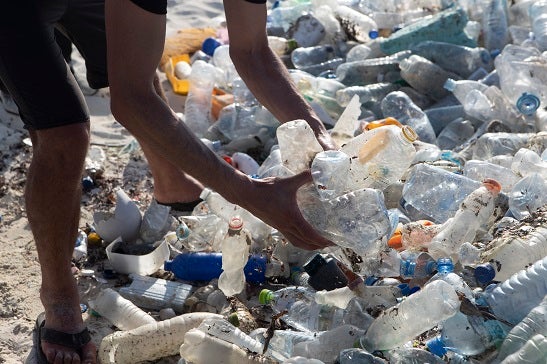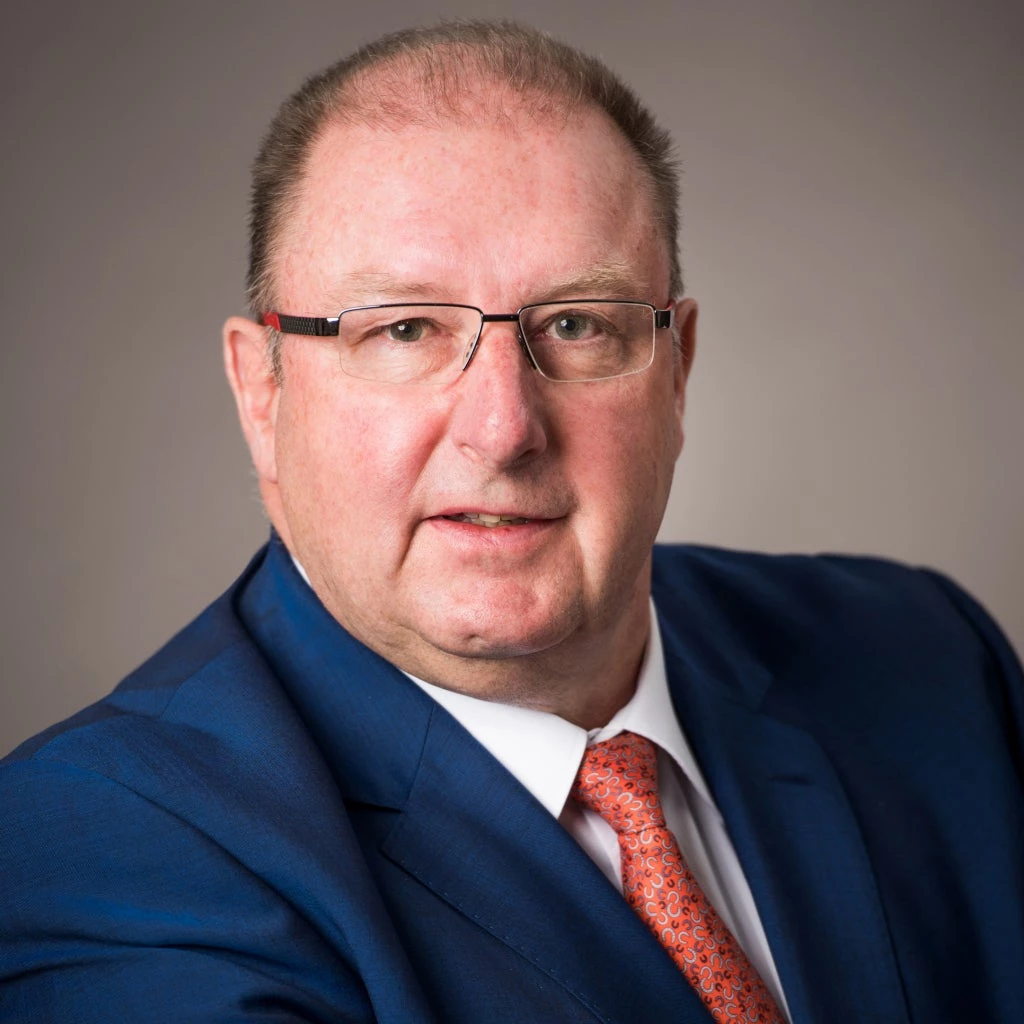 Plastic bottles in Maldives
Plastic bottles in Maldives
Imagine you’re standing on the pristine beach of a remote atoll in the Maldives. Turquoise water, white sand, gleaming sun– this is as close to an unspoiled Eden as it gets.
But something does not belong here as you notice a small plastic bottle drifting past you.
Instantly, this vision of paradise is lost.
Sadly, this bottle is but a tiny fragment of the million tons of plastic waste that threaten Maldives’ fragile environment. In the capital city of Male alone, 280,000 plastic bottles get discarded every day.
The accumulation of plastic waste is equally worrisome in the rest of the South Asia region.
Between 70 and 80 percent of this ends up in the ocean, and most of it is plastic.
Ranking third globally, South Asia generates a staggering 334 million metric tons of solid waste every year.
I saw one such successful example earlier this year at a recycling center in Maalhos, an island in Maldives’ Baa Atoll.
To that end, the World Bank helped finance a recycling center that processes solid waste by separating plastics from compostable waste, which is later used to fertilize the island’s hotels gardens.
What’s important is that this is a community-driven program. Everyone I met - from Abdulla, the president of Baa Atoll’s council, and Sameera, a community leader, to local residents - has personally taken charge of collecting plastic waste and submitting it for processing.
It’s a sustainable way to create jobs, boost tourism, and protect the environment.
But this is not the only example of effective waste management in the Maldives.
In October, I hosted Parley for the Oceans, an innovative business that found a way to transform waste into value.
Initially, the waste collection program didn’t get enough support across various groups of stakeholders. But then it took off with the help of local school children and their parents, who were very receptive to the call for action.
The superior technical and environmental qualities of the Parley’s material have been recognized by brands like Adidas, which uses the material for high-performance gear, including sports uniforms and sneakers.
I will not be able to watch a Manchester United game with the same eyes again; now, it’s all about their jerseys and the fact that they are made from recycled marine plastic. That, in my book, is scoring a winning goal.
I also had the chance to host rePurpose, a plastic crediting platform in India that helps individuals and businesses go “PlasticNeutral” by financing infrastructure that stems the flow of ocean plastic across the world.
For every $0.25 contributed to the platform, rePurpose guarantees to intercept and recycle one pound of plastic waste. The platform also helps individuals and businesses calculate their plastic footprint and provides advice on minimizing waste.
But remember the plastic bottle on the pristine beach in Maldives? It could have come from anywhere-- the nearest island or the mega-city of Dhaka in Bangladesh—as marine plastic knows no borders and travels freely from country to country.
Plastic pollution is a complex issue that requires a regional approach, one that includes stakeholders from across South Asia.
That’s why the World Bank is currently planning its first-ever regional investment to make South Asia’s rivers and oceans plastic-free.
This is just a beginning as much remains to be done to achieve a plastic-free South Asia.
We need to continue our efforts and support better waste management on land, educate the population, introduce necessary policy changes and taxes, develop commercially viable circular economy solutions, and reevaluate the plastics life-cycle.
An example that makes me proud is that of my colleagues in Pakistan. Upon moving into their new LEED-certified office, staff committed to eliminating single-use plastic on campus, and to adopting environmentally friendly practices in their daily lives.
That means reusable bags only, categorized recycle bins on every floor, no personal trash cans, and absolutely no plastic bottles. As a result, the World Bank Islamabad office has been free of single-use plastic for the past year.


Join the Conversation